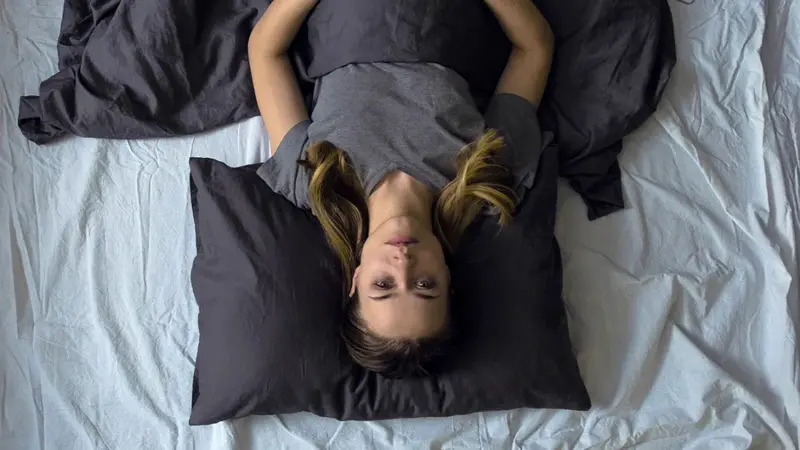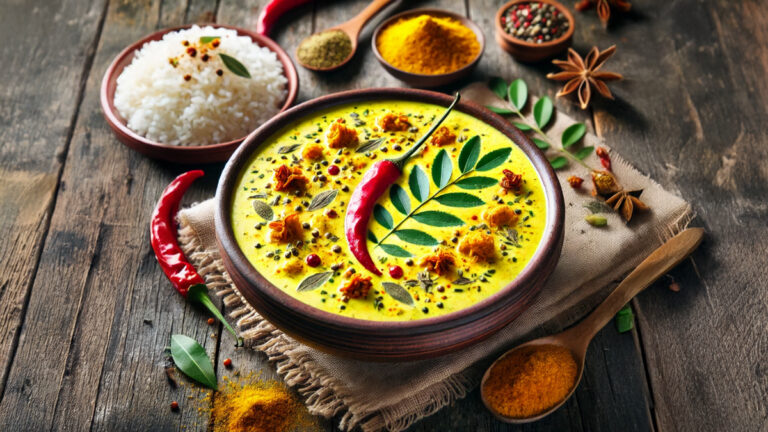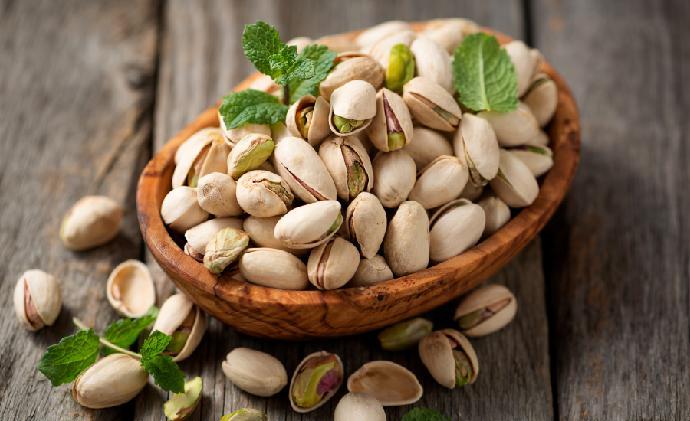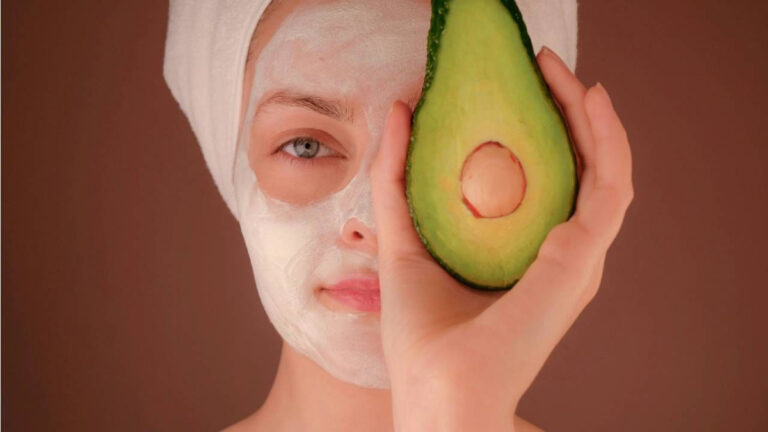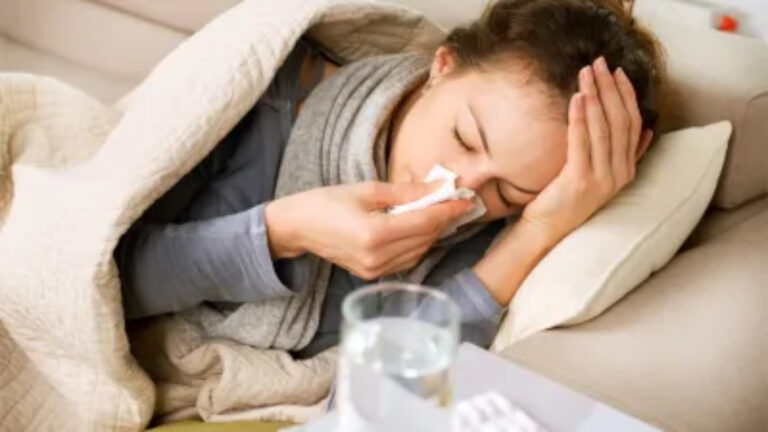Anxiety at night is a common human experience, and many individuals find that their symptoms intensify it. The tranquil darkness that envelopes the world can give rise to intrusive thoughts, restlessness, and heightened emotional states. By understanding the complex nature of nighttime anxiety, we can develop strategies to manage and mitigate its effects, promoting improved well-being and restful sleep.
In this article, we will explore the reasons behind the prevalence of nighttime anxiety, delving into the interplay between biological, psychological, and environmental factors
The Role of Biological Factors in anxiety at night
Circadian Rhythms
The human body operates on a natural sleep-wake cycle governed by circadian rhythms. Fluctuations in hormone levels, specifically cortisol and melatonin, can influence mood and anxiety. The imbalance in these hormones during nighttime hours can contribute to increased anxiety symptoms.
Stress Hormones causes anxiety at night
The body’s stress response system, involving the release of cortisol and adrenaline, is more active in the evening. Elevated levels of these hormones can heighten anxiety and make it difficult to relax and unwind.
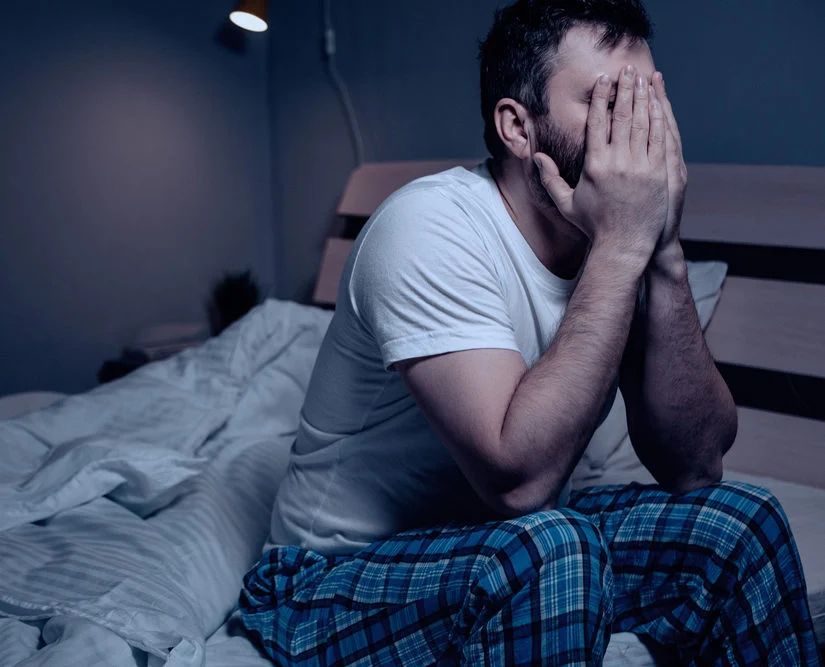
Sleep Disturbances
Anxiety and sleep disturbances often go hand in hand, creating a vicious cycle. Nighttime anxiety can disrupt sleep, leading to exhaustion, which in turn exacerbates anxiety symptoms. Poor sleep quality can also impair emotional regulation, making it harder to manage anxious thoughts and feelings.
Psychological Factors causes anxiety at night
Overthinking and Rumination
The quiet and solitude of nighttime can create an environment conducive to overthinking and rumination. During the day, distractions and activities may help manage anxiety, but at night, the absence of external stimuli allows intrusive thoughts and worries to take center stage.
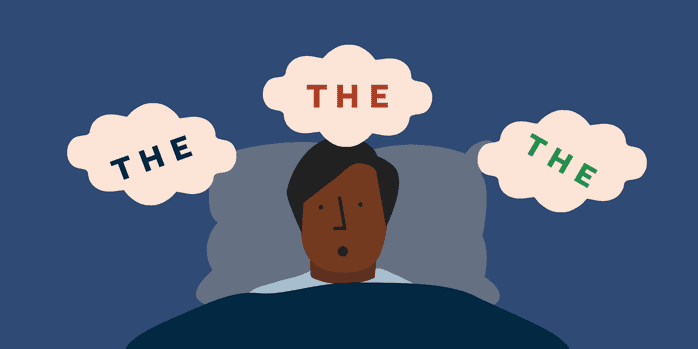
Increased Sensitivity due ti anxiety at night
Some individuals may experience heightened emotional sensitivity during nighttime hours. The stillness and reduced external stimuli can make emotional responses feel more intense, amplifying anxiety symptoms.
Mental Fatigue due to anxiety at night
The accumulation of stress and mental exhaustion throughout the day can contribute to increased anxiety at night. The mind may struggle to quiet down and find respite, leading to persistent worry and anxiety.
Environmental Factors
Reduced Distractions
During the day, people are often occupied with work, social interactions, and various tasks. These distractions can provide a sense of purpose and divert attention from anxious thoughts. At night, however, when activities wind down and the environment becomes quieter, there are fewer distractions to occupy the mind, allowing anxiety to take center stage.
Increased Vulnerability
The feeling of vulnerability often intensifies at night, as darkness can trigger underlying fears and insecurities. The absence of natural light can distort perceptions and make situations appear more threatening, contributing to heightened anxiety.
Social Isolation
For some individuals, the nighttime hours can bring feelings of loneliness and isolation. The lack of social interaction and support can amplify anxiety symptoms and make it challenging to cope with anxious thoughts.
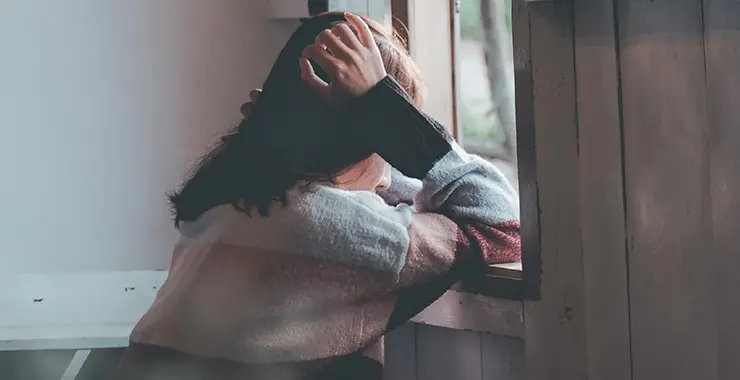
Strategies to Manage Nighttime Anxiety
Establishing a Relaxing Bedtime Routine
Engaging in activities that promote relaxation, such as taking a warm bath, practicing deep breathing exercises, or reading a calming book, can help calm the mind and prepare the body for sleep.
Creating a Sleep-Conducive Environment
Ensure the bedroom is a peaceful and comfortable space. Remove electronic devices, minimize noise and distractions, and consider using relaxation techniques like aromatherapy or white noise machines.
Cognitive-Behavioral Techniques
Cognitive-behavioral therapy (CBT) techniques, including cognitive restructuring and mindfulness, can help challenge anxious thoughts and promote a more balanced perspective. Working with a therapist trained in CBT can be beneficial in managing nighttime anxiety.
Stress Management Strategies
Implementing stress management techniques, such as regular exercise, practicing relaxation exercises, and engaging in hobbies or activities that bring joy, can help reduce overall anxiety levels.
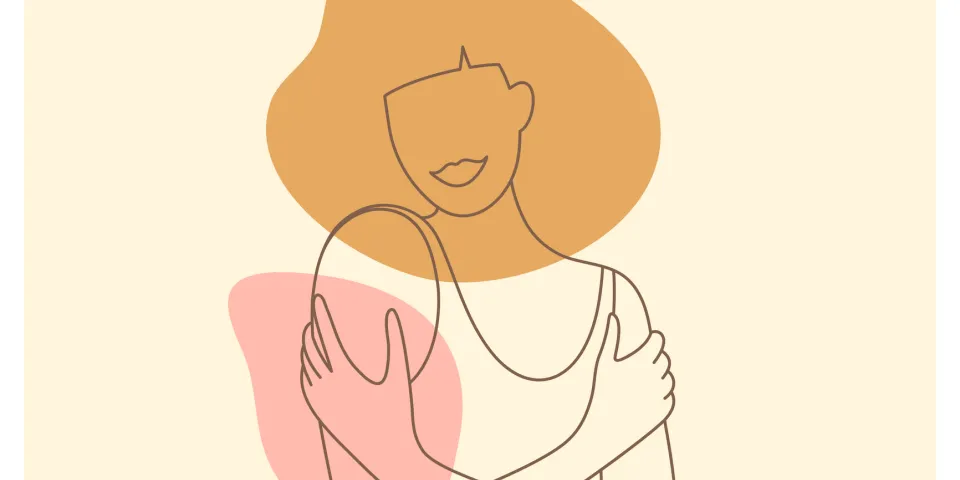
Seeking Support for anxiety at night
It can be helpful to seek support from friends, family, or mental health professionals. Sharing concerns and emotions with trusted individuals can provide a sense of relief and perspective.
Nighttime anxiety can significantly impact individuals’ quality of life, hindering sleep and overall well-being. While the exact causes may vary from person to person, a combination of biological, psychological, and environmental factors contributes to the prevalence of nighttime anxiety. Understanding these factors empowers individuals to develop effective strategies to manage anxiety symptoms and promote restful sleep.
By establishing a relaxing bedtime routine, creating a sleep-conducive environment, implementing stress management techniques, and seeking support, individuals can reclaim their nights and experience a greater sense of calm and peace. Remember, addressing nighttime anxiety is a process that may require patience and experimentation with various strategies, but with persistence, it is possible to find relief and enjoy restful nights.
(Disclaimer: The information given here is based on general information. Before adopting it, definitely take medical advice. THE MONK does not confirm this.)

